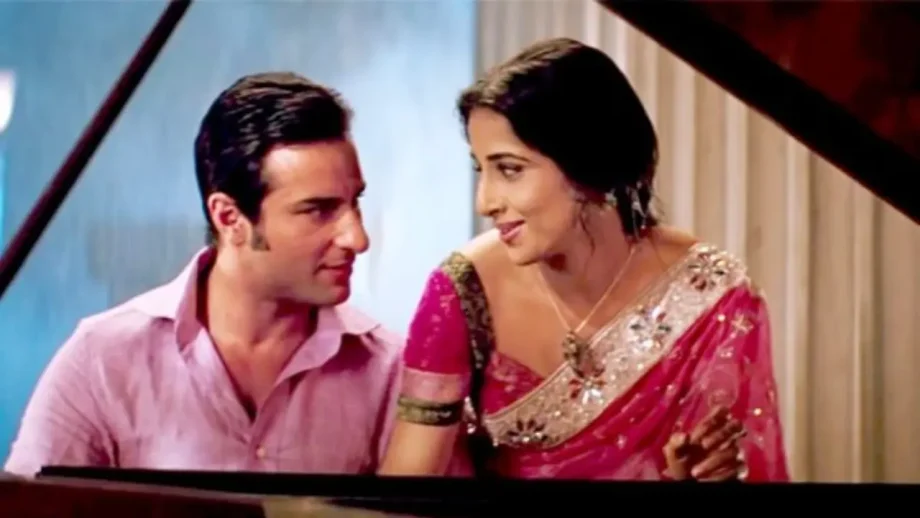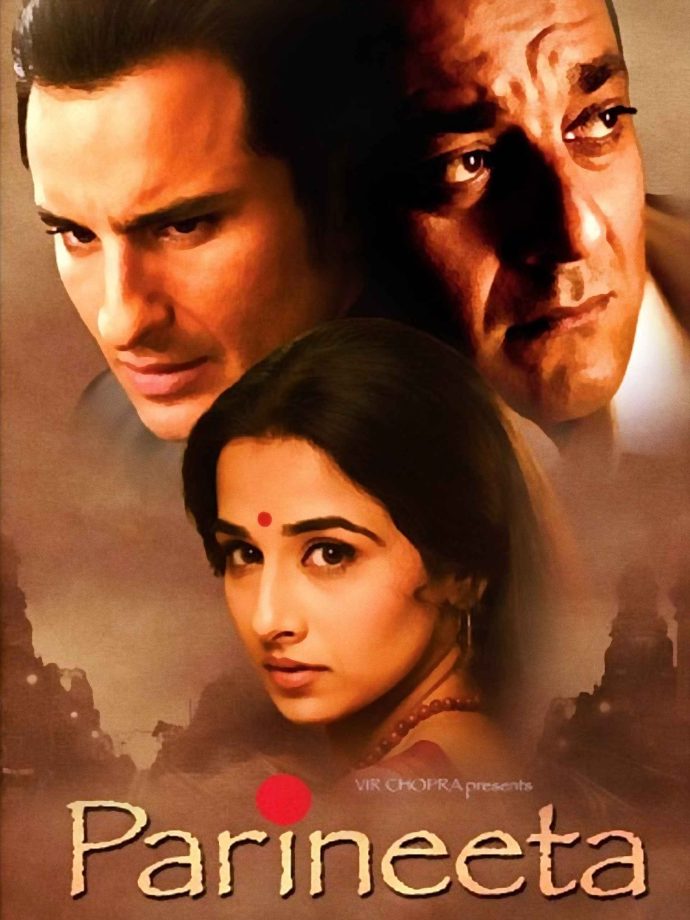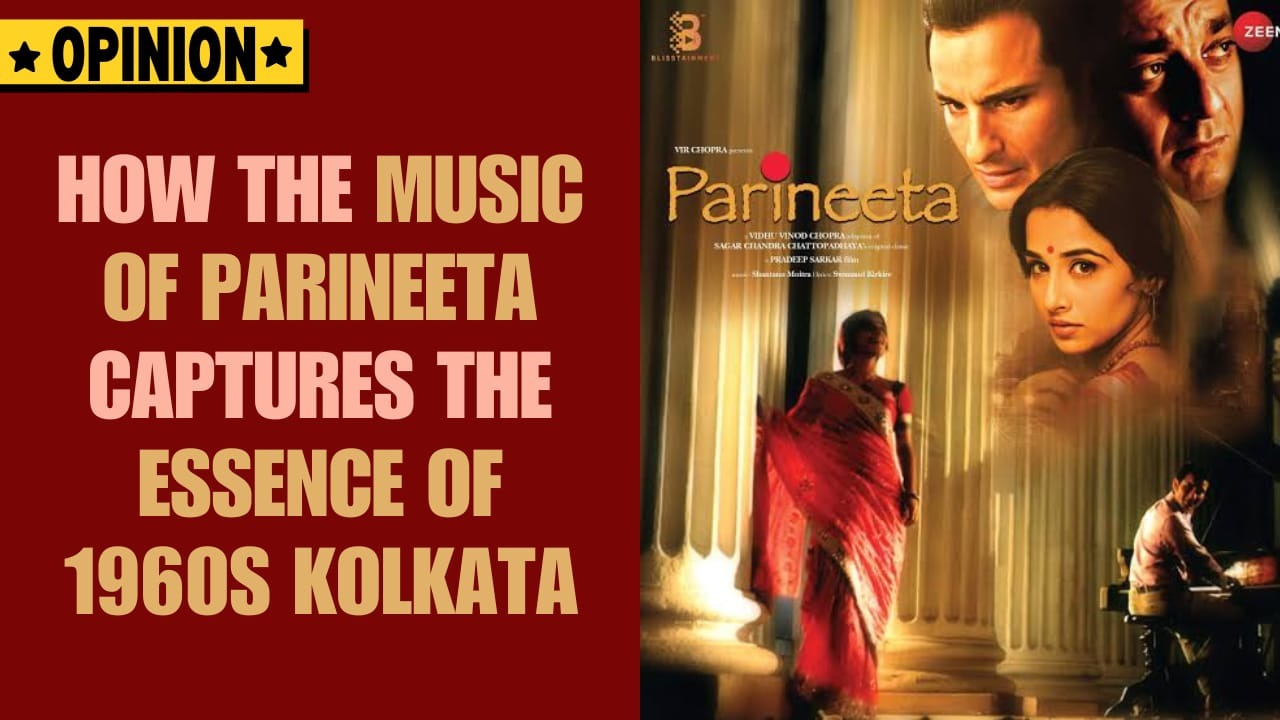There’s something about the music of Parineeta, like the scent of petrichor after an early evening rain, or the aftertaste of milk tea in a clay cup, still warm in your hand. It doesn’t try to recreate 1960s Kolkata with spectacle — it just remembers it. Almost as if the city, with all its soft decadence and gentle contradictions, wrote the score itself.
“Piyu Bole” is where the memory starts. Not just of the love story, but of Calcutta’s old soul. That opening piano — simple, almost hesitant — feels like the first glance exchanged across a room. And suddenly, you’re no longer in 2005. You’re by the Hooghly, where the river doesn’t hurry; it reminisces. The camera glides through Princep Ghat, and you sense the lost memory. White columns, dusky sky, a breeze that knows your name. It’s the kind of place where lovers don’t speak much, because they don’t need to. That’s exactly what the song sounds like — a conversation that’s more silence than words.

And when Sonu Nigam sings “piyu bole, piya bole,” it doesn’t feel sung — it feels confessed.
Then there’s “Kasto Mazza” — light, unscripted, and honest in a way most Bollywood songs forget to be. It’s the kind of joy that’s never performed, just stumbled into. You’re on the Darjeeling train, not for the view, but for the feeling. Laughing before life gets complicated. Moitra’s arrangement never tries too hard — it knows exactly when to pull back. That’s the magic of the whole album, really.
But not all memories are golden. “Raat Hamari Toh” moves like incense smoke in a room — slow, sceptical, a little too close to heartbreak. K.S. Chitra’s voice falls into them. It belongs to that part of Calcutta that comes alive after midnight — windows slightly ajar, radios humming old ghazals, people awake with introspections they won’t admit.

And somewhere in between all this sits “Soona Man Ka Aangan” — a song that feels like the moment after someone has left, and the curtain is still swaying. It doesn’t ask you to feel sad. It just lets the silence settle around you until you do.
None of this is nostalgic for the sake of it. There’s no painted version of the past here. It’s raw, it’s serene, and it’s peculiar. Parineeta’s music doesn’t attempt to recreate the sound of the 1960s. It just remembers. And in doing so, it lets you remember too — even if you weren’t there.

